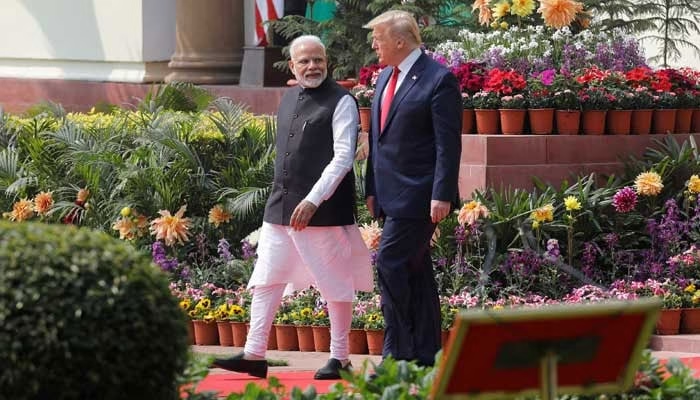President Donald Trump’s recent proposal to forcibly relocate hundreds of thousands of Palestinians from the Gaza Strip—with plans to redevelop the area as a tourist destination—has encountered significant resistance. Critics argue that the plan is a move to expel Palestinians from their ancestral homeland, especially in the wake of Israel’s 15‐month offensive against Hamas, which rendered much of Gaza uninhabitable. Many view it as an attempt to undermine the long-standing Palestinian quest for statehood—a cause that enjoys widespread international support.
Arab nations, including Egypt and Jordan—both key US allies at peace with Israel—have condemned the proposal and firmly rejected any idea of absorbing more Palestinian refugees. Saudi Arabia, in a rare statement, also dismissed the concept and reiterated that normalization with Israel is off the table without the establishment of a Palestinian state that includes Gaza.
The proposal not only risks destabilizing the fragile ceasefire in Gaza but also endangers the ongoing negotiations for the release of hostages taken during Hamas’ October 7, 2023 attack. While some mainstream Israeli leaders, including Prime Minister Benjamin Netanyahu and centrist figures, expressed a cautious openness to considering the idea, they emphasized that the priority remains the safe return of all hostages. Meanwhile, both Hamas and the Western-backed Palestinian Authority have vehemently opposed the plan.
For Palestinians, Gaza is seen as an inseparable part of their national identity, with aspirations for an independent state encompassing Gaza, the West Bank, and East Jerusalem. Most of Gaza’s residents are descendants of refugees displaced during the 1948 Arab-Israeli conflict, and they staunchly resist any notion of forced relocation. The Palestinian Ambassador to the United Nations, Riyad Mansour, even remarked that if the goal is to find a “happy, nice place,” Palestinians should simply return to their ancestral homes in Israel.
Arab leaders also recall the historical repercussions of large refugee movements in the region—citing past destabilization in countries like Lebanon—and fear that a mass influx would further strain economies and threaten regional stability. While Trump suggested that wealthy Gulf countries might finance the resettlement, key players including Saudi Arabia, the UAE, and Qatar have promptly rejected the notion.
Some analysts speculate that the proposal might serve as an opening gambit in a broader negotiation aimed at a Middle East mega-deal, potentially involving concessions on Gaza’s reconstruction or further normalization with Israel. However, any move to resume conflict or forcibly transfer populations risks derailing the ceasefire and undermining current efforts to secure the release of hostages, further complicating an already volatile regional landscape.



